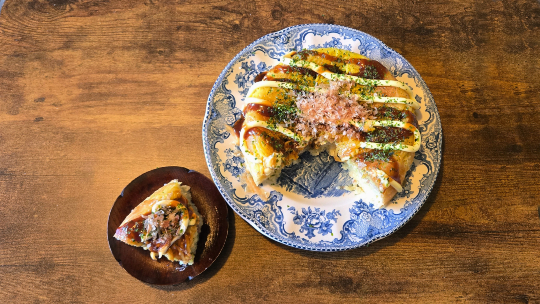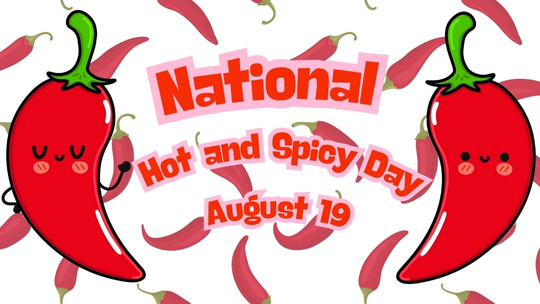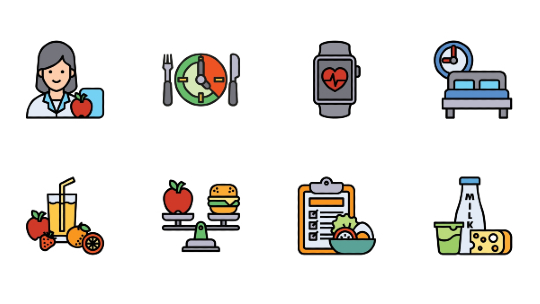This is part II of our series on food insecurity in Hawaii. Read part I, the mental health cost of food insecurity, to learn how being food insecure can raise the risk of depression.
Stacks of fresh watercress, crisp apples, juicy mangoes, and bags of carrots – you might think you’re at a grocery store. But the piles of fresh produce are on Da Mobile Market, the Maui Food Bank’s solution to reaching some of the Island’s most vulnerable residents: survivors of the Lahaina wildfires.
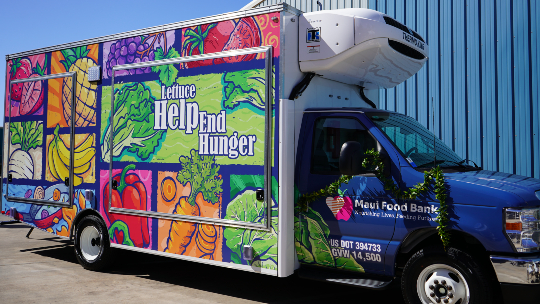
“Two years after the wildfires, we’re still experiencing the highest demand in our history,” says Lisa Paulson, Maui Food Bank CEO.
Before the wildfires in August 2023, the food bank distributed about 250,000 pounds of food each month. Demand has more than doubled since the wildfires, surging to 635,000 pounds per month.
“Many families who haven’t previously sought assistance are now struggling due to displacement, job loss, and rising costs, especially for housing,” explains Paulson.
Closing the food insecurity gap
Da Mobile Market builds on the success of Da Market in Lahaina, which the Maui Food Bank and American Red Cross opened last year to provide fresh foods and essential household items to those directly impacted by the wildfires. With Da Mobile Market’s launch this past March, the food bank is expanding its reach.
“It aims to close gaps in access by delivering food directly to those most in need, including wildfire survivors, many of whom still lack reliable transportation,” says Paulson.
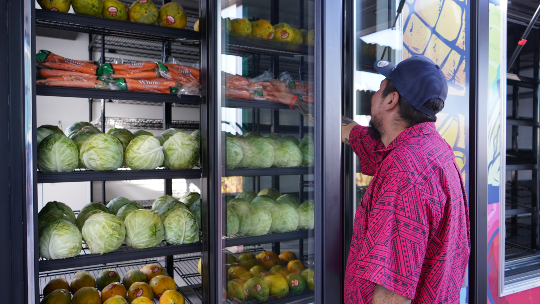
There are two phases of mobile food distribution. Under phase 1, Da Mobile Market stops at temporary disaster housing sites. Phase 2 is in collaboration with agencies and focuses on the North Shore, Upcountry, and East Maui – all areas that have historically had limited access to food.
“Da Mobile Market provides families with dignified access to fresh, nutritious food,” says Paulson. “It addresses transportation barriers and reduces the burden on families who otherwise can’t reach regular distribution sites.”
Delivery to those in need
The interior of Da Mobile Market is just as colorful as its exterior: It’s filled with an array of fresh produce, frozen protein, and a specialty item (either grain, dry goods, or seasonal produce). Once participants fill out a quick online intake form, they’re free to shop.
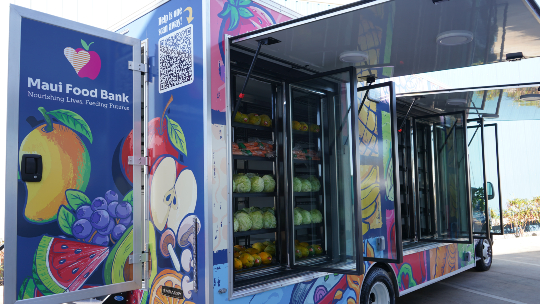
“Families are excited when they see the truck arrive,” says Paulson. “They’re often surprised at the quality of the produce and the shopping experience, which is very much like shopping at a grocery store.”
Da Mobile Market has two high-capacity food distribution trucks and can distribute up to 10,000 pounds of food per deployment. It aims to serve 3,500 people per month.
“Our goal is to increase access to healthier food and improve overall well-being and recovery in affected communities,” says Paulson. “Da Mobile Market is a vital resource that allows us to bring food directly to families who might otherwise struggle to access it.”
If you’d like to help the Maui Food Bank fulfill its mission of building a hunger-free Maui, visit their website to learn about volunteering and donation opportunities.
Photos courtesy Maui Food Bank
Food as fuel
Eating healthy helps support our body’s overall health and well-being. Read more below:
fighting the hunger crisis
The Pantry, a nonprofit organization on Oahu, provides free, nutritious food to families by offering the state’s only e-commerce food pantry. Join Team HMSA as we volunteer at The Pantry for an afternoon and discover how this unique “grocery-style experience” allows customers to choose what they want, helping eliminate food waste.
mari’s gardens provides local, sustainable food
A family-owned and operated farm based in Mililani is more than a plant nursery! Learn how Mari’s Gardens is raising produce responsibly, organically, and sustainably for consumption in local communities.
rooted in good health
Roots Café & Market is one of more than a dozen programs of Kokua Kalihi Valley. While many people visit the North School Street center to receive medical services, the café has become a hub that fosters good health through its food. And it’s much more than healthy food at a good price; the café supports many aspects of overall health and well-being, including education, economic stability, and cultural connections.

